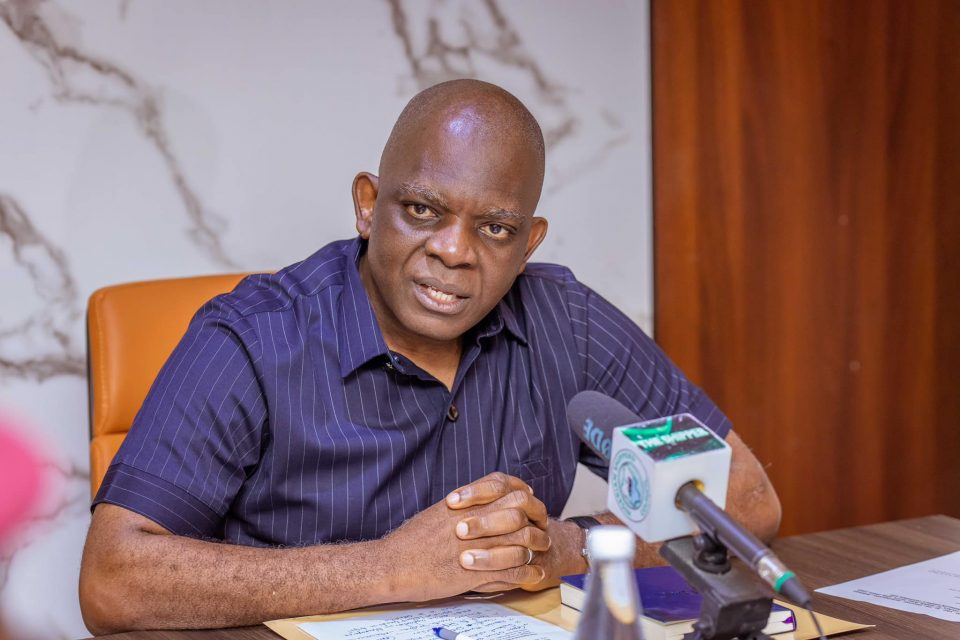The Nigerian Shippers’ Council (NSC) has announced that the Federal Government saved over ₦31 billion in the first half of 2024 through the automation of key port operations, including demurrage, freight rate management, and charter party verification.
This revelation was made by Dr. Pius Akutah, Executive Secretary and Chief Executive Officer of the NSC, during the 2025 Sectoral Retreat of the Federal Ministry of Marine and Blue Economy held in Abuja.
Akutah said, “Between January to June 2024, the Council saved ₦31 billion through automation of demurrage, freight rate, and charter party verification.” He added that the NSC’s digitisation efforts have played a crucial role in driving transparency, improving regulatory oversight, and curbing waste in the maritime sector.
He highlighted other milestones, including the commissioning of the Funtua Inland Dry Port, the Council’s top-ranking position on the 2024 ICPC Ethics and Integrity Scorecard, the launch of online registration portals for port users and service providers, and the nearing completion of the Trade and Transport Data Bank.
However, Akutah also stressed the need for deeper reforms, especially in legislation and funding. He called for the swift passage of the Nigerian Port Regulatory Agency Bill and regular access to statutory funding to enable the NSC and other agencies to carry out their mandates effectively.
In his opening remarks, Minister of Marine and Blue Economy, Adegboyega Oyetola, said the marine sector has now been positioned at the forefront of Nigeria’s economic growth strategy, and all agencies under the ministry must align their activities toward measurable performance and improved service delivery.
He stated, “The recent approval of the National Policy on Marine and Blue Economy has signaled a new era for the sector. We must now focus on execution, performance tracking, and accountability.”
Oyetola cited some of the achievements made so far, including:
- Modernisation of port infrastructure
- Improved port efficiency
- Progress on the National Single Window Project
- Commencement of disbursement of the Cabotage Vessel Financing Fund (CVFF)
The minister outlined key priorities for the sector’s transformation, such as inter-agency collaboration, digitalisation, good governance, and environmental sustainability. He also emphasised that the retreat was not just a bureaucratic routine, but a critical step in aligning the sector’s vision with Nigeria’s broader economic goals.
One major highlight of the retreat is the signing of performance bonds by agency heads, which are tied to Key Performance Indicators (KPIs). This move is designed to reinforce a culture of accountability, results-driven leadership, and greater transparency across the maritime ecosystem.
